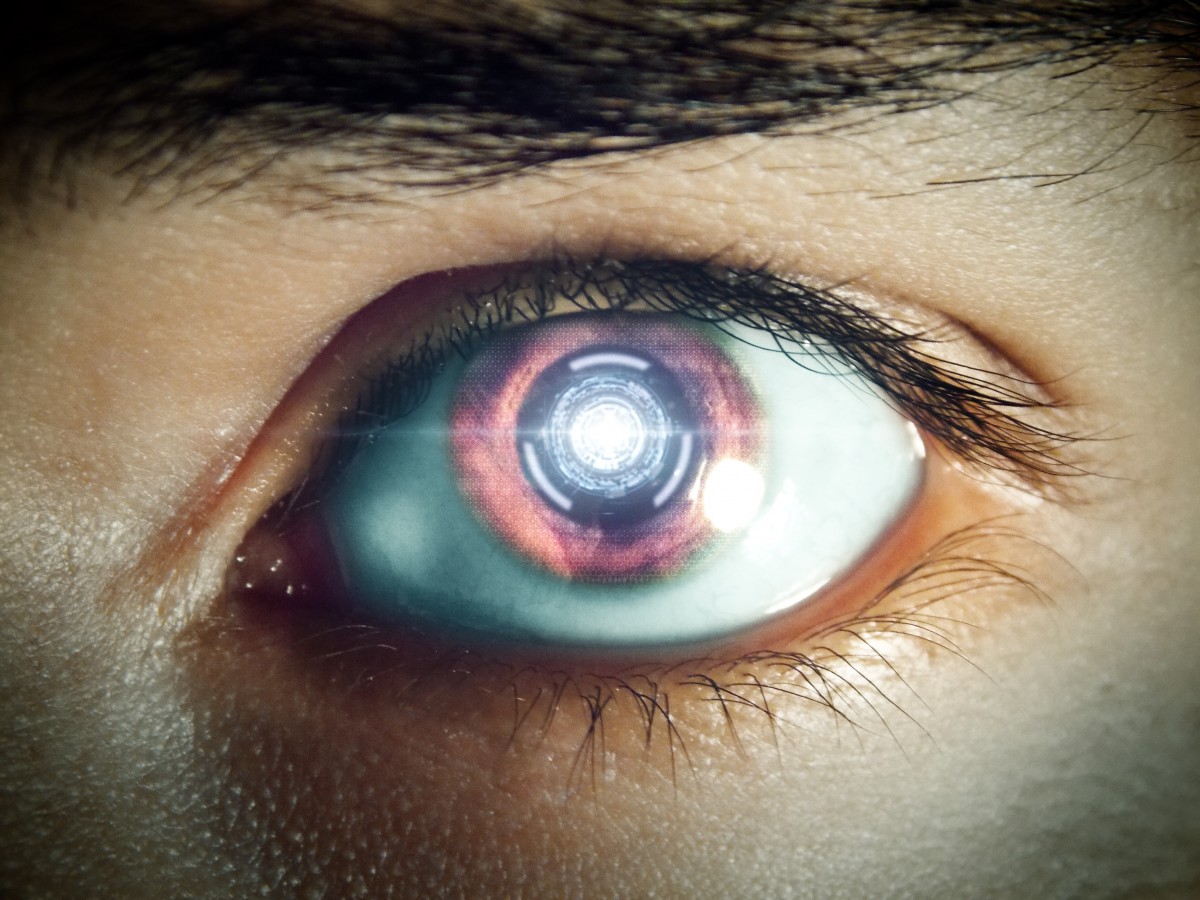Written by Ruben Tefera
Science fiction films have primed us over the years for the rise of robots. Whether they’re travelling back in time to kill us, replicating other humans or overthrowing humanity, one thing is certain: robots are taking our jobs. For some it has already begun, factory workers, bank tellers and checkout employees have made way for manufacturing robots, ATM’s and self-checkouts. Despite this, many experts fail to agree on whether the current rise of automation will have destructive or beneficial effects on the job market.
A recent review of research studies on automation by The MIT Technology Review found extremely varied results from academics. With predictions ranging from the loss of 400 million jobs globally to a net increase of 500,000, accurately charting the future influence of automation on our job economy remains challenging. Similarly, a survey of over a thousand technology analysts and experts by Pew Research Centre was also divided evenly among those who did and didn’t believe automation would displace jobs. Considering the fears and media furore surrounding automation are very real, industrial revolution trends may provide an insight into the market’s future.
Similar fears of industrial revolution technology rendering human labour useless were once present in the 18th and 19th Centuries. Trades such as the US agricultural industry, which went from employing over half of the nation’s workforce in the 1890s to less than 2% today, achieved automation and now generate greater yield. Yet these job losses have been counteracted by new occupations emerging in the market as a result of technological advancements. Careers in IT and digital such as computer repair, programming, web design and digital marketing, have emerged to fill the gaps. What is a highly automatable industry, truck driving, is predicted to retain much of its human involvement, with growth in transportation increasing demand for warehouse workers and retail employees managing and processing goods. While it’s uncertain the quantity of jobs that will be lost or gained, history tells us that the job market will evolve, as it always has.
When considering the effect of automation on employment, it’s best to think of a job as a series of tasks. According to a research study by McKinsey a third of such tasks performed in 60% of current jobs, will either be modified or completely removed by future technology. Thus, rather than eliminating most jobs altogether, technology is set to radically change the face of our nine to five.

Considering this, the creative industries such as the media and communications sector are some of the safest from automation, as they are not overly physical jobs. The skills most difficult to automate and essential to the future, such as empathy, critical thinking, creativity, strategy and imagination are core to communication roles. On the contrary, many of those set to be hit hardest are workers within physical, dangerous and unpopular jobs, usually of lower income brackets. Similarly, it is these workers who are most likely to work alongside automation and robots in the future. Therefore, facilitated by governments and employers, the job market will require an educational and social transition in order to reskill those in vulnerable jobs.
Although numbers are debated, what is certain is that robots and AI will play a large part in every industry going forward, even media and communication. AI is beginning to write advertisements, assist in PR and even currently writes hundreds of journalistic articles for online publications. In many instances, this automation serves to assist human workers by completing mundane and time consuming tasks leaving more room for human creativity. In doing so, this places a greater emphasis and value on human labor than ever before. So, when walking down the career path of the future, it’s likely we’ll be working hand in hand with our robot overlords, rather than defending our jobs in the robopocalypse some may fear.

